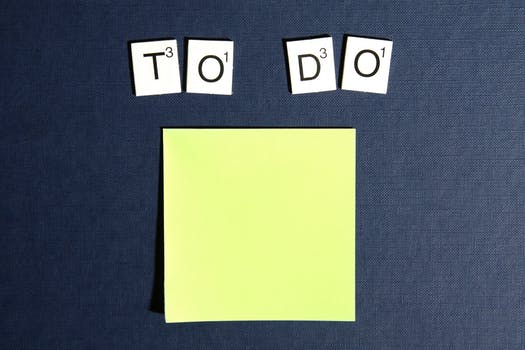
In the age of more we must learn to do less
We all see minimalism expanding into every facet of our lives. It’s not only tiny homes, either. Minimalist converts are springing up everywhere. It may be a reaction to our current culture, where we have and seek more than ever before. The root cause isn’t the issue. We’re here to look at minimalism in the workplace, for which we will borrow the term essentialism from Greg McKeown’s seminal work, Essentialism: The Disciplined Pursuit of Less.
The trends we notice in the home are often mimicked in the workplace, or vice versa. In our houses, we are finding our senses under assault from the ever-expanding messes and to-dos. As we get our homes in order, new packages arrive and the kids get home from school with new projects, new purchase lists, new stuff. As time goes by, we find ourselves accumulating and amassing no matter how hard we try to maintain our organized cleanliness. Pretty quickly, we turn from minimalists to practitioners of organized chaos.
At work we do the same. It’s what McKeown noticed that spurred him to write about essentialism. He refers to it as the disease of more. It’s a fitting title. As we succeed and grow at work, we gain responsibilities –– we take on more and more, never saying no to a new project or potential assignment. We live as though we can do it all, but time quickly begins to work against us. It’s not only the widening list of things to do. We are also fighting for the mental space and clarity that was so vital to getting us to this point in our careers.
When we find ourselves in this inevitable and relentless cycle, it is easy to plateau. We grow apathetic or begin to feel overwhelmed. For some, it leads to forgetfulness, missed assignments, or lost opportunities. For others, it fills the mind with stress and worry, not to mention the gut-wrenching feeling that we are not good enough to get this done. Work becomes too hard.
There is relief. We have looked at myriad ways to declutter and destress in the household. Junk hauling services and regular cleaning schedules can help, as can empowering our families to do their part. But what do we do in the workplace? Easy, we turn to the basic tenets of essentialism.
Step One: Explore
Start with Why your company or organization exists. We need to have a firm grasp on the overall aim, function, and purpose of the organization in order to select the right things on which to work.
Ask yourself and your team questions that help you amass useful data. It seems counterintuitive –– gathering thoughts and opinions in order to clear the deck. But how do we know what is essential if we do not first explore all the factors?
Finally, once you’ve gathered all the reasons Why you exist and you’ve studied What it is that matters to you, your team, and your company’s future, it’s time to turn to How you get things done. Don’t change that for now, just catalog the methods and ways in which you and your team accomplish work.
Step Two: Eliminate
Now that we have gathered everything we need about Why, How, and What we do, it is time to begin to process of eliminating redundancies, unnecessary actions, and anything that cannot be tied directly back to Why the organization exists.
Be ruthless. Essentialism means not only prioritizing, but also focusing on only one task. Not two, not one and then the other. One task. At one time. Feeling nervous? Remember, you are not doing it now, but that doesn’t mean you are not doing it ever. Once an essential element is addressed, we can go back to priorities two and three and so on.
Do not add to your list. Fight the temptation to rank items or to add side-items to your list. You are going to cross off every other factor, no matter how important it might seem, and begin your work by focusing on the one and only thing that is essential to taking the next step personally and for the company.
Step Three: Execute
It’s time to act. Do so wisely. You have now identified the one thing most essential to the operation of your company today and into the near future. Now, focus and execute on only that topic. If it is extra, eliminate it or wait until later. We need to work constantly on pursuing less and removing distractions.
You cannot multitask. You are human, and we are not capable of doing two things at once. We try to convince ourselves that this is not the case. We can answer the phone, take notes, type a quick message, and plan for what’s next all at once, right? Wrong. Trying to multitask leads to your brain constantly switching between tasks. It removes the depth and focus necessary to succeed at what matters –– at what is essential.
When you have finished with the most essential element in your day or week, don’t turn back toward old habits. Take out a piece of paper or open a Word doc and start steps one and two over again. Now that you have accomplished your first essential item, your list will look different, because new priorities and realities will arise. Fight the disease of more by doing less. Focus and simplicity are the enemies of gluttony and chaos.
Curb-It is on-demand junk removal
You snap a pic of the stuff you want gone
You get upfront prices from background-checked Providers
You select your Hauler and your stuff is gone within hours






